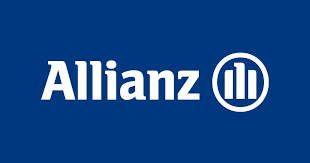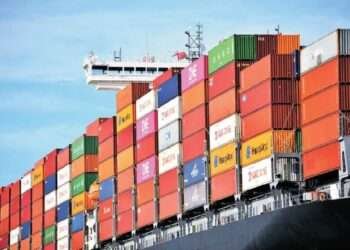Senior Manager, Strategy & Operations at KPMG, Jonathan Lutterodt, charges insurance industry players to proactively engage policymakers of the African Continental Free Trade Agreement (AfCFTA).
Subsequently, he encourages the insurances sector to engage these policymakers to bring to bear the critical factors necessary for free movement of insurance services.
Jonathan Lutterodt made these comments as the guest speaker at the Allianz Life Insurance Ghana webinar. The discussions at the seminar were on the implications of AfCFTA on the Insurance sector.
Gideon Ataraire, CEO of Allianz Life Ghana was the moderator of the event. Notably, attendees at the webinar were the Insurance Brokers Association of Ghana (IBAG) and Chartered Insurance Institute of Ghana (CIIG).
Role of African Insurance Organization (AIO) in AfCFTA
Jonathan reveals that AIO is positioning itself to support vulnerable Small and Medium-sized Entities (SMEs) in the Insurance sector. Also, he said this will be necessary when AFCFTA is operational on financial services.
Also, to do this, Jonathan explains that the AIO is partnering African Export Import Bank (Afreximbank) and some private sector players. Furthermore, he hints that the partnership is to support SMEs with funds to build up their capacity to access AfCFTA.
Moreover, he mentions that AIO and Afreximbank are also looking to develop risk mitigation tools. Above all, these tools will be deployed to de-risk SMEs when it comes to trade transactions across Africa.
According to Jonathan, the first phase of the protocols on trade in services will cover 5 priority services i.e. Financial Services, Transport, Communication, Travel and Tourism Services and Business Services. Negotiations on this phase are still ongoing as the first round of discussions are to be concluded by January 2022.
Also, he said that as part of the protocols, there will be a mutual recognition of standards and certifications across Africa. This, he posits, will make it easier to satisfy the regulatory requirement of other African countries. For instance, an Insurance broker in Ghana should have recognition anywhere in Africa.
Next, Jonathan gave his opinion on the fate of existing regional blocs with AFCFTA coming into force. Specifically blocs like the Economic Community of West African States (ECOWAS), Southern African Development Community (SADC) and the East African Community (EAC).
“From a trade perspective, the relevance of these bodies would be diminished long term. They might still remain in place for political co-ordination purposes.”
Jonathan Lutterodt

Background of AfCFTA
Giving a background on AFCFTA, Jonathan explains that the agreement came into force on the 2nd of April 2019. Currently, he said all but 6 countries have ratified the agreement.
Except for Eritrea which is yet to sign on, the agreement creates a single market for 54 out of 55 African countries. Also, the market is for trade in qualifying goods and services that are duty-free, tariff-free and quota-free. Additionally, he notes that ‘qualifying goods and services’ refer to goods and services made within Africa.
Furthermore, he discloses that the African continent is worth 3 trillion dollars in GDP with a population of 1.3 billion people. However, most African countries engage in trade with entities and countries outside of the continent. Only 20% of trade is within Africa.
Particularly, most of the trade with entities outside of Africa is in the export of primary commodities such as cocoa. Accordingly, African countries then re-import at much higher prices in processed forms such as chocolate, cocoa powder, soap, body lotion etc.























